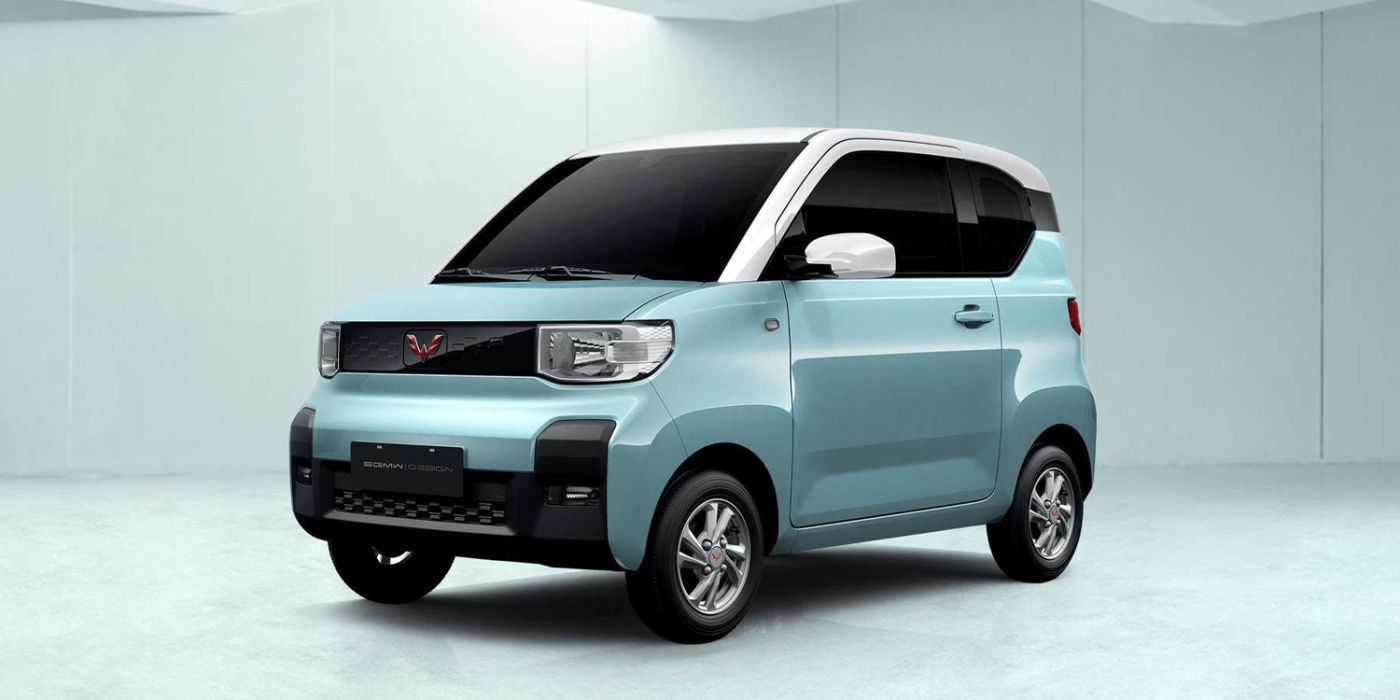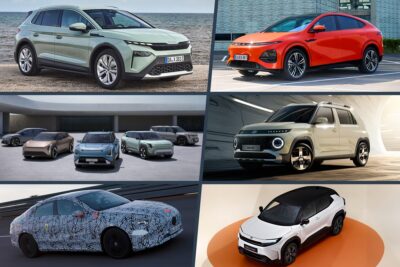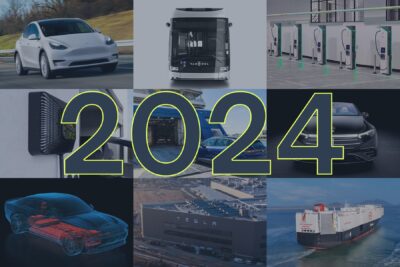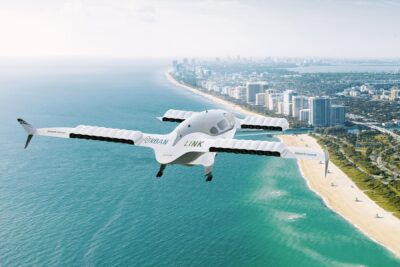GM-Wuling keep on topping sales in China
The electric car sales of the Chinese manufacturers BYD, Nio and Xpeng increased significantly in April. The GM-Wuling HongGuang Mini EV continues to see higher sales than any other electric car in China, while Tesla reports somewhat confusing figures for April.
In April, the joint venture GM-Wuling sold more units than any other electric carmaker in China – mainly because of one single model. Last month, 26,592 units of the HongGuang Mini EV were sold. By comparison, the Tesla Model 3 and BYD Han BEV models only achieved 6,264 and 5,746 sales respectively.
The China Passenger Car Association (CPCA) initially reported 25,845 Model 3 and Model Y sales in China and 14,174 exported vehicles. This would have meant a very good month with a cumulative 40,019 vehicles. Later, however, the CPCA and Tesla China confirmed that the 25,845 vehicles already included the exported units. So Tesla only sold 11,671 Model 3 and Model Y, the majority of the vehicles built in April were exported.
In addition, as some Twitter users write with reference to Tesla’s Chinese PR department, the production line for the Model Y has been shut down for a fortnight. As yet, no reasons have been given. The interruption in production could either be related to expansions or adjustments to the production line or to a lack of parts – such as the semiconductors that are currently in particularly high demand. However, this information has not been confirmed.
Nevertheless, the temporary production stop of the Model Y partly explains Tesla’s weak China sales: the Model Y is still in demand, while part of the production of the Model 3 is already exported.
The decline at Tesla – in March there were still 18,319 vehicles – ensures that in April BYD is not only ahead of Tesla in total sales of New Energy Vehicles, but also only in the comparison of battery-electric vehicles: BYD sold 16,114 BEVs in April (+62 per cent compared to April 2020, but 1.1 per cent less than in March. In addition, there were 8,920 plug-in hybrids (+288 per cent YoY, +26 per cent MoM), thus leading to NEV sales of 25,662 electrified vehicles. This is 97.5 per cent more than in April 2020 and six per cent more than in March 2021.
Positive numbers have also been reported by the two startups Nio and Xpeng: Nio delivered exactly 7,102 electric cars in April – 125.1 per cent more than in the same month last year. Although Nio says it is also affected by the chip shortage, it was able to deliver more than 7,000 vehicles in one month for the third time this year. Only in February was this mark not reached. Most of the sales (5,579 units) were of the smaller SUV models ES6 and EC6, the larger ES8 came to 1,523 deliveries.
Competitor Xpeng delivered 5,147 e-cars in April, an increase of 285 per cent compared to the same month last year. Year-to-date, Xpeng has thus delivered 18,487 vehicles, up 413 per cent on the first four months of 2020. April also included the first deliveries of the P7 Wing Edition (with gullwing doors) and the G3 with LFP batteries – Xpeng does not give detailed figures on this, only the overall split between the two ranges. There were 2,995 P7s and 2,152 G3s. In May, the first P7s with LFP batteries will be delivered.
insideevs.com (Tesla), gasgoo.com (BYD), nio.com (Nio), xiaopeng.com (Xpeng), insideevs.com (GM-Wuling), scmp.com (Shanghai-rumours)





0 Comments